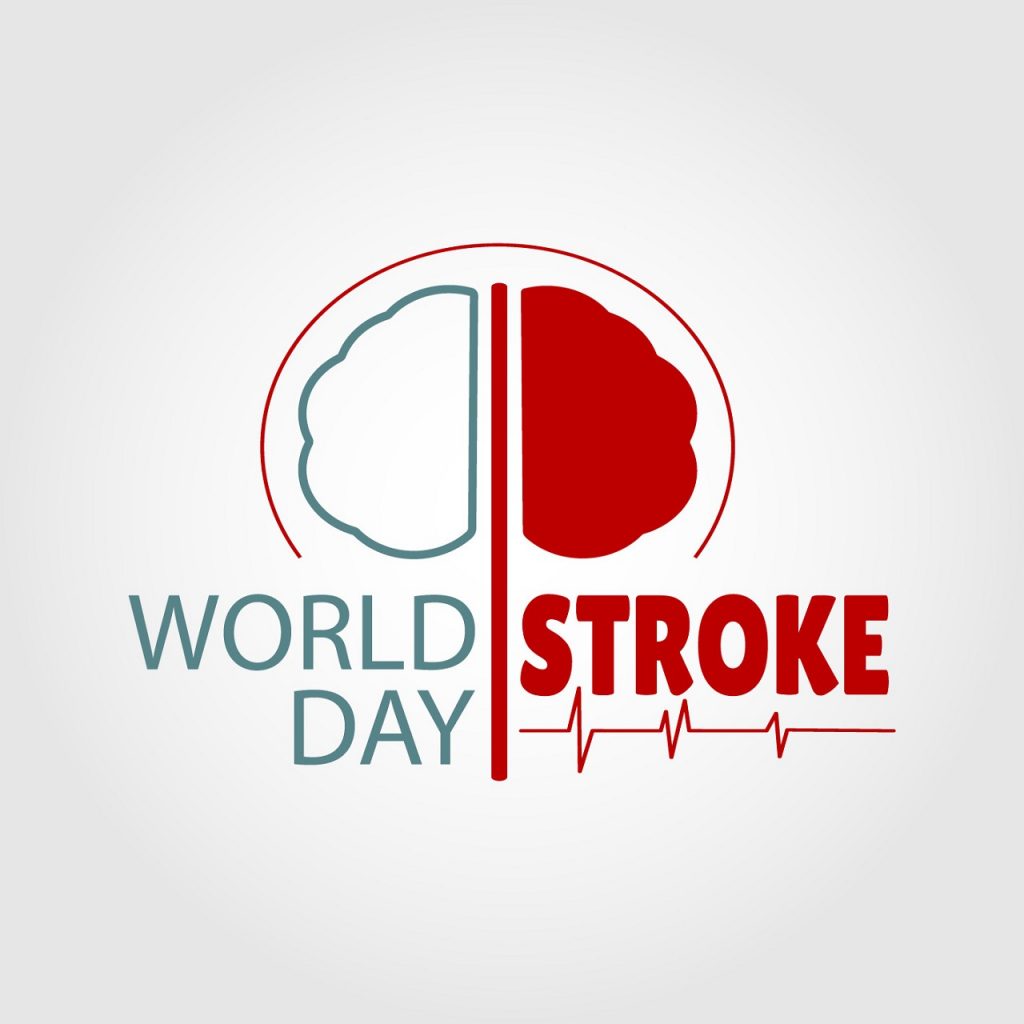
Imagine waking up one morning and feeling a sudden numbness or weakness on one side of your body. Your speech is slurred, and you have trouble understanding others. These are all classic symptoms of a stroke, a medical emergency that can have devastating consequences.
A stroke occurs when a blood vessel that delivers oxygen and nutrients to the brain is either blocked or ruptured. However, the risk of stroke can be greatly reduced through lifestyle changes. By controlling your blood pressure and embracing healthy habits—such as a balanced diet, regular exercise, and effective stress management—you can significantly lower the chances of stroke, disability, or even death. Let’s explore how these changes can enhance your overall well-being.
Keep Moving: The Importance of Exercise
Physical activity is crucial for preventing strokes. It helps improve blood vessel function and tackles several risk factors directly.
Why Exercise Matters:
- Manage Risk Factors: Regular exercise can help control conditions like high blood pressure, high cholesterol, diabetes, and obesity. It also reduces the likelihood of binge drinking and smoking.
- Boost Heart Health: Both moderate and high-intensity workouts can increase levels of good cholesterol (HDL-C), which is beneficial for your heart.
How to Get Started: Aim for at least 30 minutes of moderate exercise three to five times a week. If you’re short on time, try fitting in 10-minute bursts of activity throughout your day, like during breaks between meetings.
Feed Your Body: The Role of Diet
A healthy diet can help control many stroke risk factors, including high inflammation and diabetes.
What to Include:
- Fruits and Vegetables: Aim for 4 to 5 servings a day to support heart health and maintain a healthy weight.
- Omega-3 Fatty Acids: Include flaxseeds, walnuts, or chia seeds, or eat two to three servings of oily fish weekly, like salmon or herring.
- Fiber-Rich Whole Grains: These provide essential nutrients and fiber that are good for your heart.
What to Avoid:
- High Sodium: Too much salt can lead to high blood pressure, increasing stroke risk.
- No Smoking: Quit smoking and avoid secondhand smoke, which can damage your arteries.
- Alcohol: It is advisable to limit/avoid alcohol
Discover Your Zen: Managing Stress
Stress is a significant factor that can increase stroke risk, both in the short and long term. The good news is that there are effective ways to manage stress.
Mindfulness Matters: Being present and engaged in your surroundings can enhance your mental well-being and reduce stress.
Breathing Techniques:
Deep Breathing: Find a comfortable position, inhale deeply through your nose, hold for a count of five, and then exhale slowly through your nose. Repeat this 3-5 times to calm your mind.
- Progressive Muscle Relaxation: Tense and then relax each muscle group in your body, beginning with your toes and gradually moving up to your head. This method can aid in releasing tension and fostering a sense of relaxation.
- Building a Support System
Creating a strong network of relationships can provide emotional support and help you manage stress more effectively. Surrounding yourself with friends and family who encourage healthy habits can make a significant difference in your lifestyle choices.
Thus, incorporating regular exercise, a balanced diet, and effective stress management into your daily routine can play a crucial role in reducing the risk of stroke. Even small, consistent changes can lead to significant improvements in your overall health. Make your well-being a priority and don’t hesitate to seek support from those around you. Remember, your health is always worth the effort!
If these tips helped, let us know in the comments! For further information or guidance, reach out to our certified experts by subscribing to GOQii’s Personalised Health Coaching here.
#BeTheForce
Disclaimer: The information provided in this blog is for general awareness and educational purposes only. It is not intended to replace professional medical advice, diagnosis, or treatment. Always consult a qualified healthcare provider for personalised medical guidance or concerns related to your health.




Leave a Reply